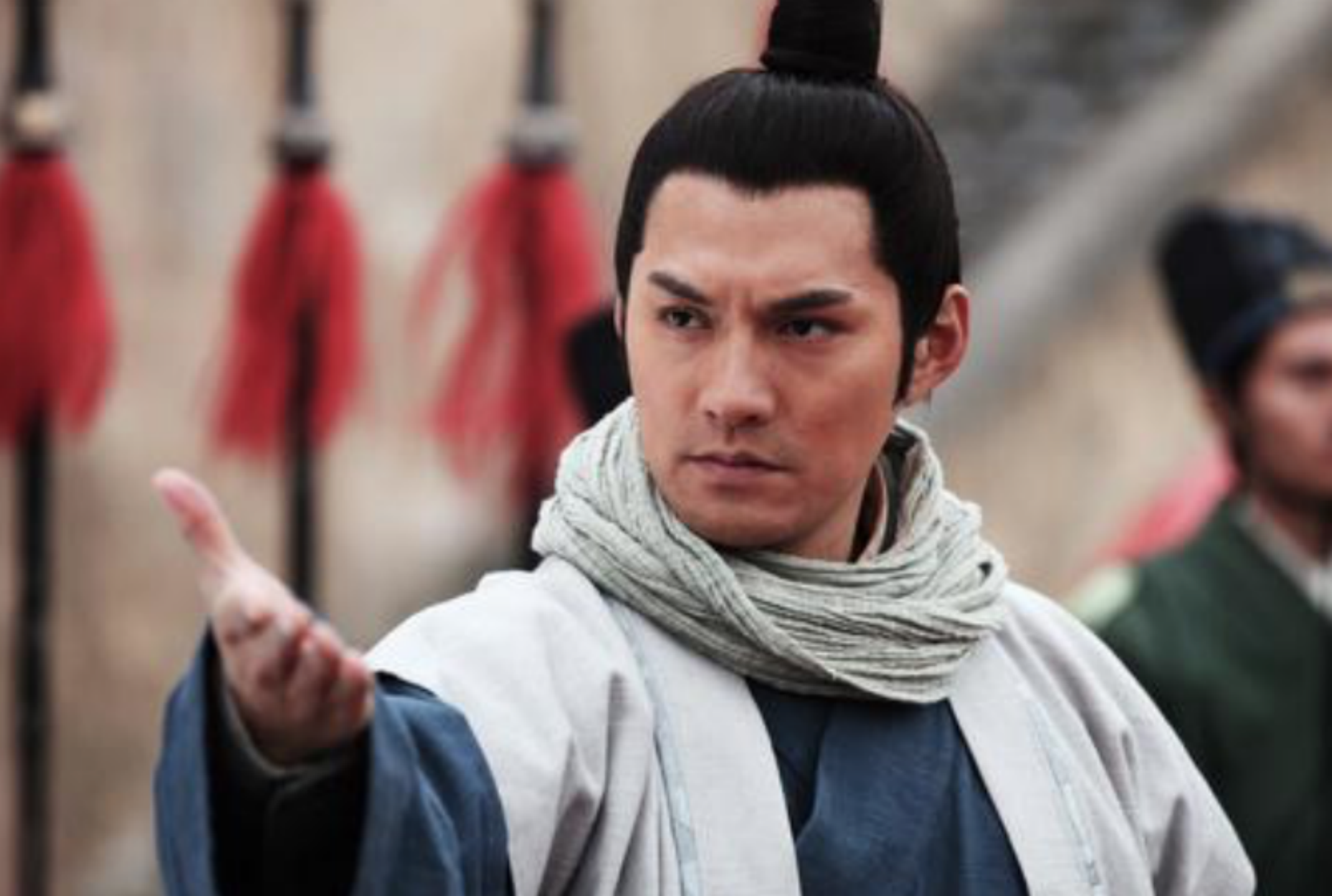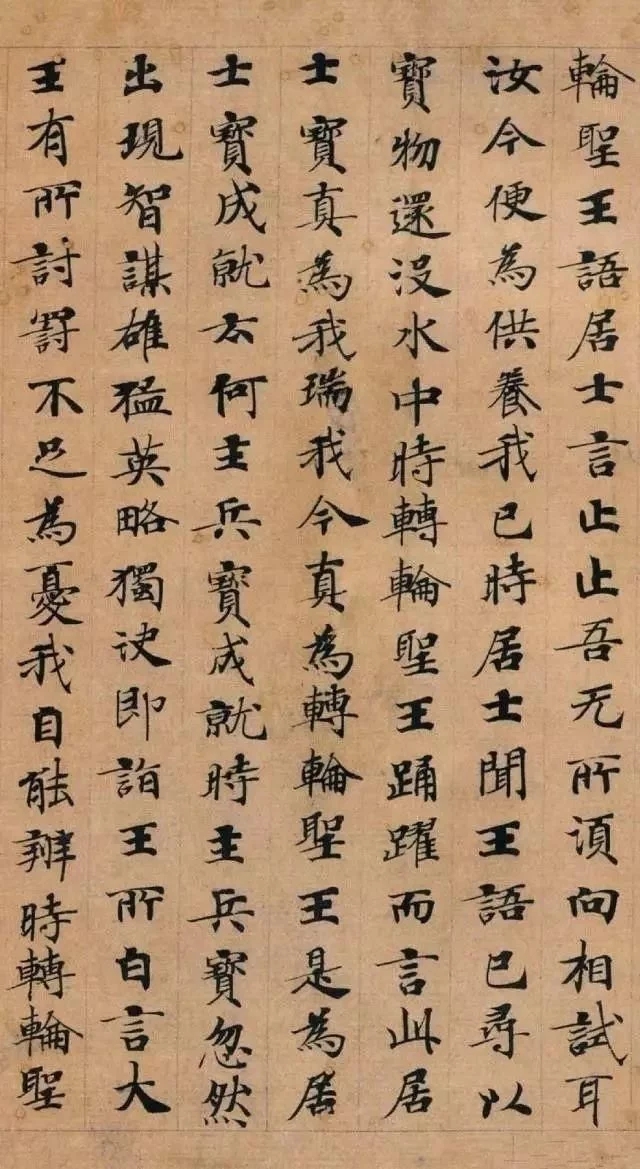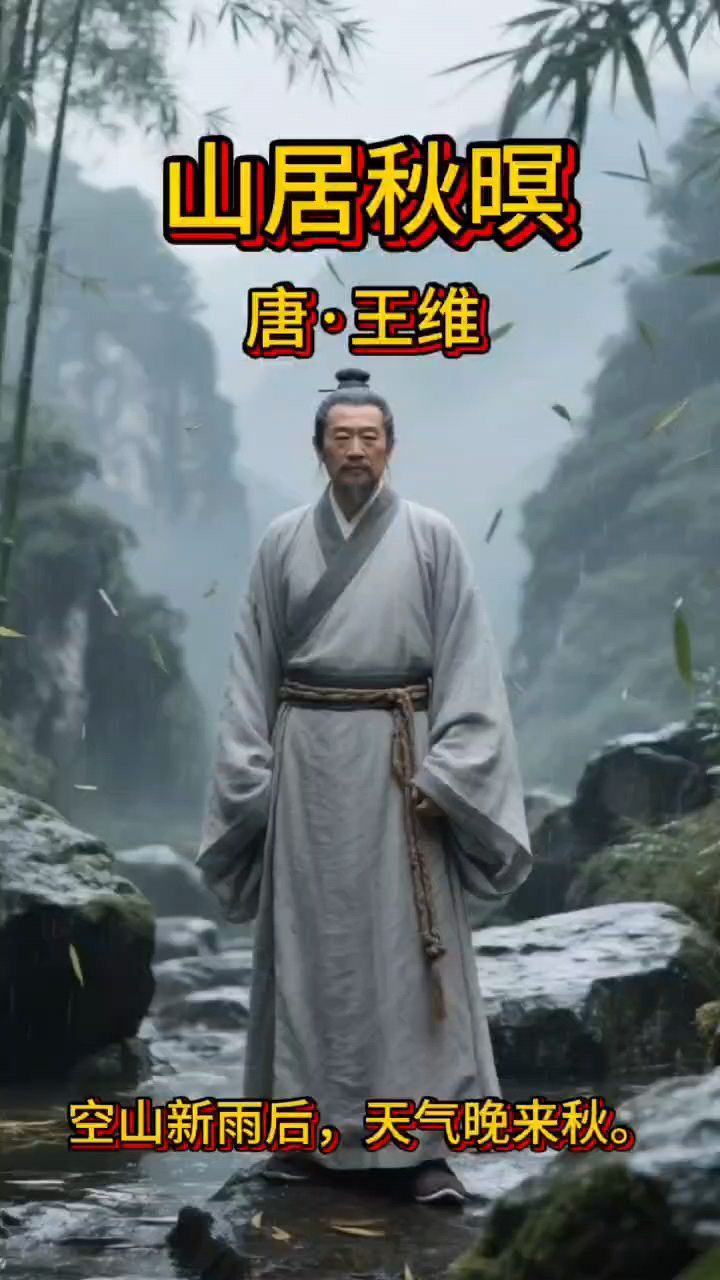Emperor Xianzong of Tang, Li Chun, was the twelfth emperor of the Tang Dynasty. Next, the editor of the History Encyclopedia will bring you the truth about history. Let’s take a look together!
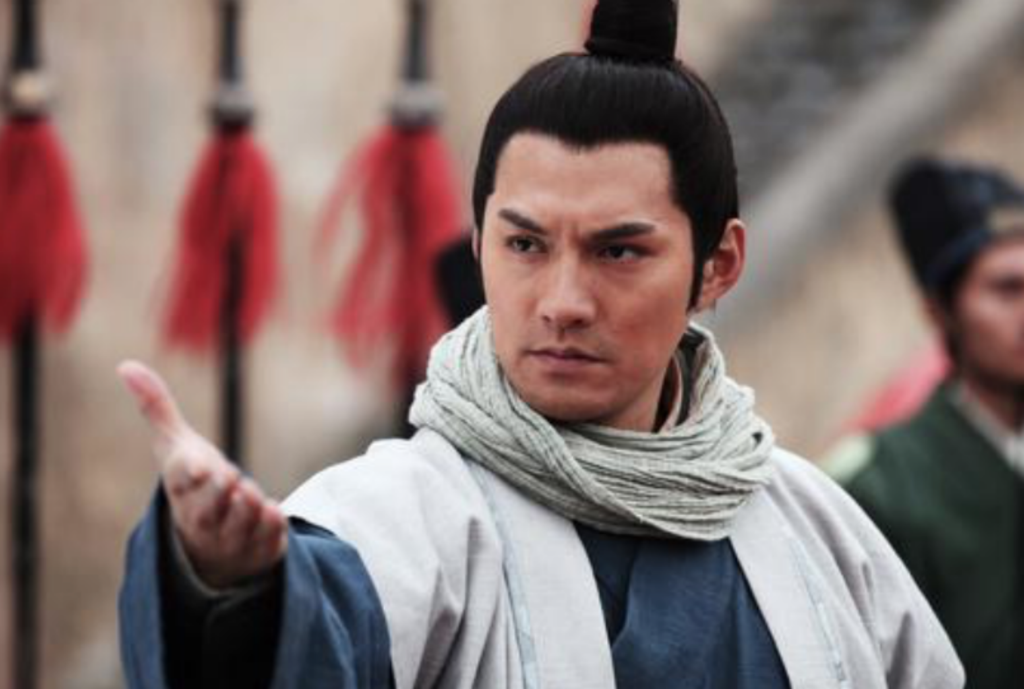
When he was one year old, his grandfather Dezong ascended the throne and Shunzong was appointed as the crown prince. He was the eldest son of Shunzong. At this time, it was the period of Emperor Dezong’s reduction of fiefdoms, and the harsh political struggle made him realize what cruelty was too early. The failure of reducing fiefdoms triggered the “Jing Shi Incident” in Chang’an. 6-year-old Li Chun and his grandfather Dezong escaped hastily and finally saved their lives.
In the second year, Emperor Dezong returned to Chang’an, which was devastated and extremely miserable. Emperor Dezong shed tears. This incident had a profound impact on Li Chun, promoting his precocious mind.
His childhood still had a bright spot, and his grandfather Dezong loved him very much, thinking he was very intelligent. Once, Grandpa Dezong held the 7-year-old in his arms and teased him, saying, “Whose child is this? Why is he sitting in my arms?” Dezong’s voice was clear and resolute, saying, “I am the third emperor.” He followed the order of grandfather, father, and son. Emperor Dezong was very surprised, so he doted on him even more.
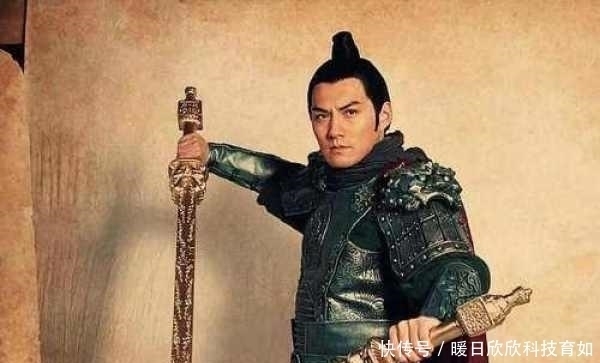
He was very ambitious when he was a child and was a fan of Li Shimin. He particularly enjoyed watching stories about the Zhenguan Reign and the prosperous era of the Kaiyuan period. He wanted to do something to revive the Tang Dynasty and become famous for eternity in the future.
The legacy left by Emperor Xuanzong of Tang was a mess for future generations. In fact, later generations had considered reviving the Tang Dynasty. In the generation of Emperor Dezong, he was initially ambitious, but later became very discouraged. Emperor Shunzong simply suffered from poor health, fell ill, and eventually suffered a stroke, unable to speak. He simply abdicated to the crown prince and became the emperor himself.
In 805 AD, at the age of 28, Li Chun inherited the throne and looked up at the training of Changtian in Chengjiang. Suddenly, he felt like a bird spreading its wings and soaring, about to fly straight up and fight against Changtian.
The first thing he did was to reduce the fiefdom. Firstly, he streamlined his bureaucratic team, and secondly, he highly valued wise officials. Du Huangshang, Pei Du, and others were all famous ministers during the Yuanhe period. After his morning court session, he invited them to the “Yanying Hall” to express their opinions. He adopted the good suggestions and used them to govern the country and handle government affairs, which is known as the “Yanying Political Consultative Conference” in history.
In 805 AD, a “butterfly effect” quietly began. After the death of Wei Gao, the military governor of Xichuan, Liu Bixiang, the deputy military governor, took over as the military governor and submitted a letter to the court. In the past, it was just a formality. Who would have thought that Emperor Xianzong would be so “sharp headed” and immediately appoint Yuan Zi as the military governor and Liu Bi as the official in charge. This is equivalent to a disguised seizure of power, and Liu Pi naturally did not want to rebel. Emperor Xianzong adopted Du Huangshang’s policy of “upholding the code of conduct and discipline, and reducing the fiefdoms” and sent troops to suppress Liu Pi.
Li Chun appointed Gao Chongwen as the commander-in-chief and divided his troops into three routes to enter Shu, capturing Liu Pi alive. Later, Yang Huilin rebelled, and Emperor Xianzong found someone to destroy him.
Emperor Xianzong achieved victory in the initial battle of reducing fiefdoms and gained great fame. Many military governors invited themselves to serve in the court and surrendered their military power. Only the military governors of the three towns of Heshuo, who were too strong, did not take the court seriously and decided to fight to the end.
In 809 AD, Wang Shizhen, the military governor of Chengde, one of the three towns, passed away. His son, Vice Ambassador Wang Chengzong, proclaimed himself as the Empress Dowager and inherited his father’s position. Other military governors also followed suit. Emperor Xianzong was angry and clearly did not take the court seriously. What does this mean? Is it hereditary? In a fit of anger, he struck. But this time he made a mistake, he used eunuchs who knew nothing and could only talk big. Eunuchs have no understanding of military affairs, and the Tang army is essentially going to die. This time, the Tang army suffered significant losses.
In 812 AD, someone from the fiefdom died again, and his son established a hereditary system. Emperor Xianzong was very angry and sent troops again. However, he adopted the suggestion of Prime Minister Li Jiang to ‘subdue the enemy without fighting’ and observe their internal struggles instead of just one move. Sure enough, there was a infighting within the fiefdom, with one killing the other and the other killing the other again. The power struggle was over, and the power was almost depleted. The court put some bait and gave a fiefdom some sweetness, and that fiefdom willingly surrendered to the Tang Dynasty. The three towns of Heshuo have thus opened a gap. The other fiefdoms felt that there was no chance to sing anymore, and the leaders surrendered and wrote some praises, all of whom surrendered to the Tang Dynasty.
From 814 to 817 AD, Emperor Xianzong Li Chun spent four years quelling the Huai Xi Rebellion. Emperor Xianzong appointed wise officials within the court, leading to a period of political clarity and achieving the famous “Yuanhe Zhongxing” in history.
The disadvantage of “rule by man” is that human nature is unreliable, and we should not try to be enemies of human nature. It is difficult for an emperor to persist in his early diligence until his old death. Unless he dies early, corruption, debauchery, or absurdity are all things that come sooner or later.
Emperor Xianzong Li Chun is not promiscuous, because this person’s nature is not bad, but he is divine. After successfully reducing the fiefdom, he felt that he was a capable emperor. What did he start doing? Alchemy.
In 818 AD, Emperor Xianzong began issuing edicts to recruit alchemists. The prime minister recommended a mountain man named Li Bi to refine the elixir of immortality for him. In 819 AD, Emperor Xianzong sent people to welcome the Buddha bone relics from Famen Temple into the palace, and after three days of worship, they were sent to various Buddhist temples in the capital for rotation. Han Yu wrote an article strongly advising him, probably wanting to persuade him to do something important. Emperor Xianzong was very angry and almost killed him. Fortunately, Pei Du pleaded for Han Yu’s mercy, which saved him from death and led to his demotion as the governor of Chaozhou.
At the same time, Li Chun’s performance in the harem became increasingly puzzling. He never stood behind. In theory, not having a empress should be due to a deep affection for a woman and an inability to let go, so she will never marry her husband. However, Li Chun is clearly not so infatuated.
When he ascended to the throne, he had a wife named Guo. It was natural for the legitimate wife to be enthroned as the empress, but he chose not to enthrone her and instead bestowed upon her the title of Noble Consort.
Guo gave birth to a son, but Li Chun still has no intention of becoming a queen. He said he was busy, so busy that even the Crown Prince didn’t have time to stand. Under the strong persuasion of the minister, he appointed his favorite son Li Ning as the crown prince. Two years later, Li Ning died of illness. In July of the seventh year of Yuanhe (812), Emperor Xianzong of Tang appointed Li Heng as the Crown Prince. Guo, who was supposed to be valued by her children, naturally took over the palace, but Emperor Xianzong still had no intention of appointing her as the Empress.
At first, Emperor Xianzong of Tang did not establish the Guo family, and his ministers were all observing and waiting, without much disturbance; However, a year and a half after Li Heng was appointed as the crown prince, Tang Xianzong still did not mention the appointment of Guo as the empress, and the ministers could not sit still. In December of the eighth year of the Yuanhe era (813), the officials issued a memorial requesting the appointment of the Noble Consort as the Empress, stating that the country cannot be without a mother, and strongly advised Emperor Xianzong of Tang to appoint Guo as the Empress. However, he was rejected by Emperor Xianzong of Tang, who said, “At the end of the year, there is a taboo of noon in the following year” (Old Book of Tang, Biography of Consorts). The so-called “taboo of noon” means that it is not advisable to get married in the year of the child or noon. The “Tang Huiyao: Marriage” also contains the custom of “marrying a woman in the year of the child’s birth, but not meeting with uncles and aunts”.
In fact, all of this is just an excuse. Some unofficial history says that Li Chun established an empress for his own “sexual happiness”, so he could not indulge his concubines and would be restrained. If he did not establish an empress, no one could interfere with him. But this answer is too superficial. It is impossible for emperors throughout history to favor any woman they want? King Zhou also had an empress, did it delay his’ Meat Pool and Wine Forest ‘? How can a empress stop an emperor from acting unilaterally?
The key reason is that the Tang Dynasty had a special historical background, and every woman in the Tang Dynasty was particularly strong, with big breasts and greater ambitions. Li Chun was frightened by the constantly emerging ambitious figures such as Empress Wu Zetian, Princess Taiping, and Empress Wei, and was particularly wary of women in the harem. Empress Zhang of Emperor Suzong was also a fierce wife, and there were many ambitious women in the Tang Dynasty who wanted to replicate Wu Zetian’s successful path.
The Guo family is prominent, and if she is chosen as the successor, there is no guarantee of any mistakes.
Guo comes from an extraordinary background. She is not only a member of a military family, but also the daughter of a royal princess (her father, Guo Wen, was the Grand Commandant of the Imperial Household, and her mother, Princess Shengping, was the daughter of the Grand Preceptor). In addition, her son, Li Heng, is also the Crown Prince, serving as a link between the meritorious officials, the royal family, and the heir. In the eyes of the ministers, Guo is undoubtedly the best candidate for the empress; But in Tang Xianzong’s view, Guo’s three advantages, even any one of them, were enough to pose a threat to imperial power, let alone her possessing all three. How could Tang Xianzong dare to hand over the throne to her.
Not only Guo, but also other women in the harem do not have many titles. Without titles, there is no opportunity to cause trouble. It has to be said that Li Chun’s ability to suppress the harem reflects the cold-blooded instinct of a politician.
Emperor Xianzong of Tang insisted on not appointing an empress, which set a bad precedent for his descendants. The successors, Emperor Muzong, Emperor Jingzong, Emperor Wenzong, Emperor Wuzong, Emperor Xuanzong, Emperor Yizong, and Emperor Xizong, did not appoint empresses during their lifetime. The only emperor in the late Tang Dynasty who established an empress during his lifetime was Emperor Zhaozong of Tang. However, if he had not been moved by the selfless spirit of He Shufei during his turbulent times, it is estimated that the He family, who had served as Shufei for ten years, would not have received this honor. It can be seen that Emperor Xianzong’s failure to establish an empress had a great impact on later generations.
In 820 AD, Li Chun had already lost consciousness and had been taking pills for a long time, which made him extremely irritable. He often beat and scolded palace officials for trivial matters. In the end, he died at the hands of eunuchs, and for a long time after him, eunuchs were the cancer of the Tang Dynasty, until they disappeared into the dust of history together with this great building of the Tang Dynasty.
